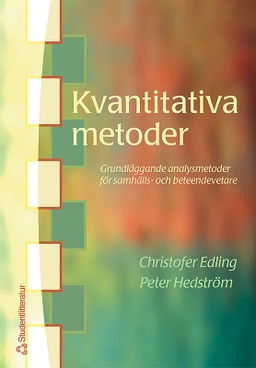Although most law schools recognise the value of introducing students to a broader sociological perspective on law,this usually falls short of a full engagement with sociology as an academic discipline. This book introduces a wide range of sociological traditions, and how they can be used in investigating law and legal institutions.The book is organised into six sections, each with an introduction by the editors, on classical sociology of law, structural functionalism and systems theory, critical approaches, interpretive approaches, postmodernism, and pluralism and globalisation, and a conclusion that discusses the relationship between law and sociology. Each of the chapters is written by a specialist who reviews the literature, and discusses how the approach can be used in researching different topics. CONTENTS: Introduction (Reza Banakar and Max Travers) 1. CLASSICAL SOCIOLOGY AND LAW: The Problematization of Law in Classical Social Theory (Alan Hunt); Sociological Jurisprudence (Reza Banakar) 2. STRUCTURAL FUNCTIONALISM AND SYSTEMS THEORY: The Thick Description of Law: An Introduction to Niklas Luhmann's Theory (Klaus A. Ziegert); Jurgen Habermas and the Sociology of Law (Bo Carlsson) 3. CRITICAL APPROACHES: Marxism and the Social Theory of Law (Robert Fine); Sharing the Paradigms? CLS and the Sociology of Law (Jiri Priban), Feminist Legal Theory (Ruth Fletcher); A Race and Gendered Organisational Logic in Law Firms (Jennifer Pierce); Putting Gender and Sexuality on the Agenda (Nico J Beger); The Power of the Legal Field (Mikael R. Madsen and Yves Dezalay) 4. INTERPRETIVE APPROACHES: Symbolic Interactionism and Law (Max Travers); Ethnomethodology and Law (Robert Dingwall) 5. POSTMODERNISM: Foucault and Law (Gary Wickham); Postmodernism and Common Law (Shaun McVeigh) 6. LEGAL PLURALISM (Anne Griffiths); Globalistion and Law (John Flood); Comparative Sociology of Law (David Nelken) CONCLUSIONS: Law and Sociology (Reza Banakar and Max Travers). (Bookdata)
Åtkomstkoder och digitalt tilläggsmaterial garanteras inte med begagnade böcker





















